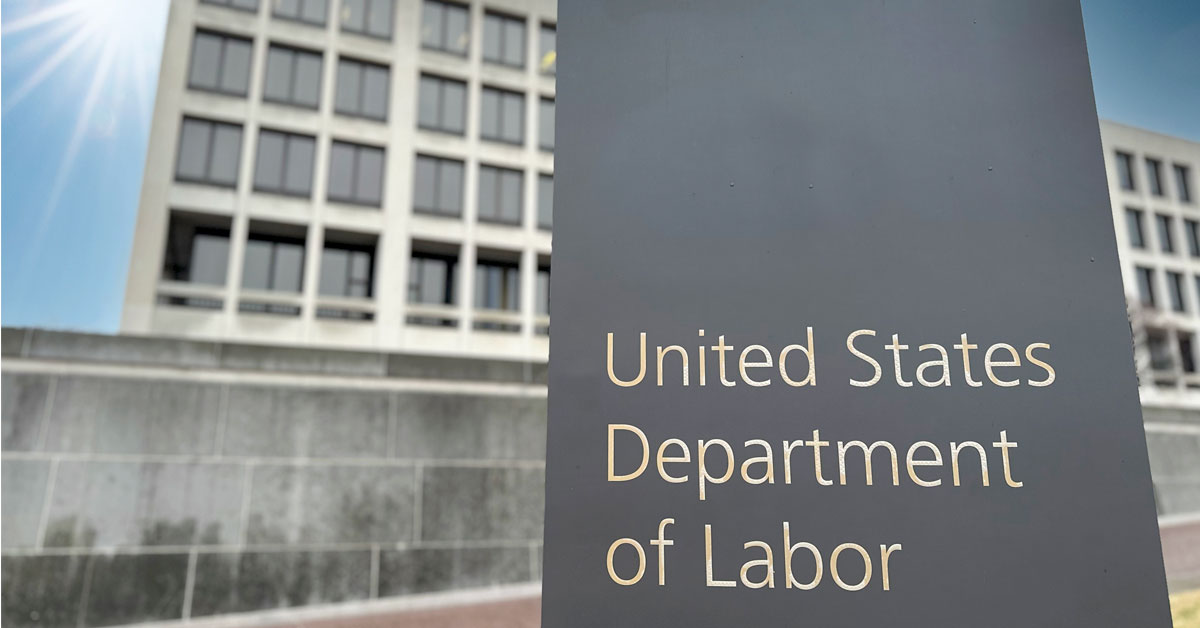Viewpoints about Fiduciary
-

What’s a safe harbor 401(k) plan?
Does your traditional 401(k) plan have trouble passing the nondiscrimination tests? Want a retirement plan that’s easier to administer? A safe harbor 401(k) plan could be the answer. Learn why.
Read more -

DOL issues final amendments to the Voluntary Fiduciary Correction Program
The EBSA issued final amendments to the Voluntary Fiduciary Correction Program and Prohibited Transaction Exemption that are effective on March 17, 2025. Learn about the enhancements.
Read more -

Helping unlock better outcomes with effective retirement plan design
Find out how your retirement plan design can help drive better outcomes and improve retirement readiness.
Read more -

401(k) nondiscrimination testing—a guide for plan sponsors and other fiduciaries
Nondiscrimination tests are designed to prove that qualified retirement plans aren’t just benefiting the highly compensated. Here's a review of how these tests work—and the penalties plan sponsors can pay if they get a failing grade.
Read more -

Tips for creating a prudent governance process for your retirement plan
Proper plan governance does more than help a retirement plan run smoothly. It helps plan fiduciaries demonstrate that they acted prudently. Get tips for building a prudent governance process.
Read more -

The DOL’s final fiduciary rule is here!
Released in April 2024 with a September effective date, this rule defines when a person is an investment advice fiduciary under ERISA and the Internal Revenue Code. It also includes amendments to various class prohibited transaction exceptions (PTEs) available to these fiduciaries.
Read more -

Bundled or unbundled 401(k) plan—which is right for you?
401(k) plan services are often described as bundled or unbundled. Find out what this means and factors to consider when deciding which approach may be suitable for your plan.
Read more -

Understanding 401(k) plan sponsor responsibilities when employees leave a job
Plan sponsors are responsible for helping departing employees understand their 401(k) options when leaving a job. Learn guidelines to help them decide.
Read more -

SECURE 2.0 checklist—a simple way to help you keep your plan compliant
Having a SECURE 2.0 retirement plan checklist can help plan sponsors stay organized and track compliance. Use our sample as a guide to help you create yours.
Read more -

What's a defined benefit plan?
Find out about the advantages and responsibilities associated with sponsoring a defined benefit pension plan.
Read more





